Design & Technology
Our aim in our design and technology curriculum is to ensure that children receive the breadth of learning required by the National Curriculum and that they increase their knowledge, understanding and skills over time. To ensure that the requirements of the programmes of study are met effectively, we complete one project per term.
Cross Curricular Links
Projects are matched with termly topics or themes as much as possible and links are made with related learning in other subjects, such as science, mathematics or art and design.
Children’s knowledge and understanding in science is often closely related to D&T projects. The children in Year 4, use their understanding of electricity to help design and make a battery-powered torch.
Some D&T projects have a particular bias towards mathematical understanding (e.g. 2-D and 3-D shapes when creating packaging also in Year 4), art and design (e.g. finishing techniques when creating bags in Year 6) and computing (e.g. programming, monitoring and control of alarm systems also in Year 6).
Spoken Language
Spoken language is included in every project as it is fundamental to the development, communication and evaluation of children’s design ideas, their ability to use technical vocabulary, ask and answer questions about a range of existing products, state who and what their products are for, and explain how they work.
Cooking and Nutrition
As part of their work with food, pupils are taught how to cook and apply the principles of nutrition and healthy eating. We aim to instill a love of cooking in pupils to open a door to one of the great expressions of human creativity. This skill also teaches the children a crucial life skill that enables them to feed themselves and others, now and in later life.
D&T in the EYFS
A significant proportion of this learning is delivered through high quality D&T experiences and activities, enabling children to ‘safely use and explore a variety of materials, tools and techniques, experimenting with colour, design, texture, form and function’ and ‘use what they have learnt about media and materials in original ways, thinking about uses and purposes’. D&T also makes an important contribution to the children’s learning across the remaining six areas of the EYFS framework, including Understanding the World, Physical Development, Literacy, Mathematics, Personal, Social and Emotional Development, and Communication and Language.
| FOOD | Try some of the great recipes on these websites or test your knowledge about the food that you eat! |
|---|---|
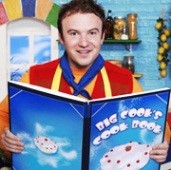 Big Cook Little Cook |
http://www.bbc.co.uk/cbeebies/big-cook-little-cook |
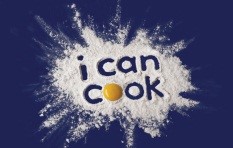 I Can Cook |
http://www.bbc.co.uk/cbeebies/i-can-cook |
Junior Bake Off |
http://www.bbc.co.uk/cbbc/shows/junior-bake-off |
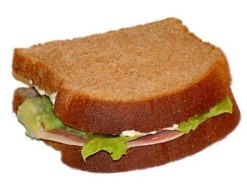 Sandwiches |
http://www.warburtons.co.uk/lunch/ |
| Materials | Have a go at some of the projects on these websites, from designing your own customised car to making your own paper toys. Why not also visit the V&A museum during the holidays? It’s free to visit and there’s a lot to see! |
|---|---|
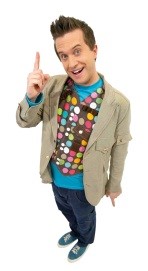 Mister Maker |
http://www.bbc.co.uk/cbeebies/mister-maker |
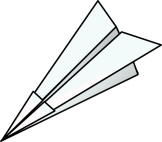 Paper Toys |
http://www.papertoys.com/ |
 Car Design |
http://www.lancsngfl.ac.uk/curriculum/d_t/index.php?category_id=41 |
 Craft Ideas |
http://www.hobbycraft.co.uk/ideas?filter=Crafts~Kids/ |
 Victoria and Albert Museum Victoria and Albert Museum |
http://www.vam.ac.uk/ |


